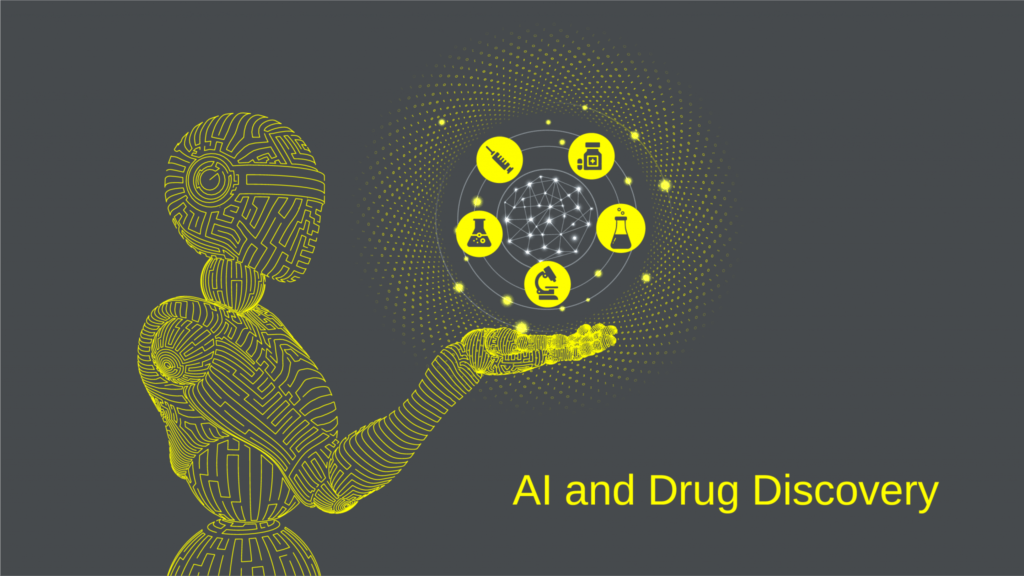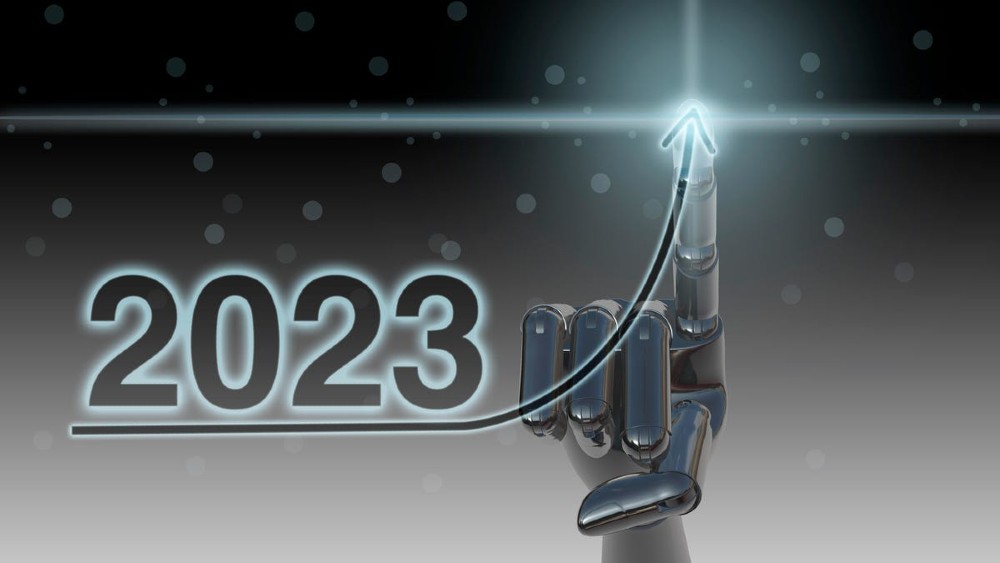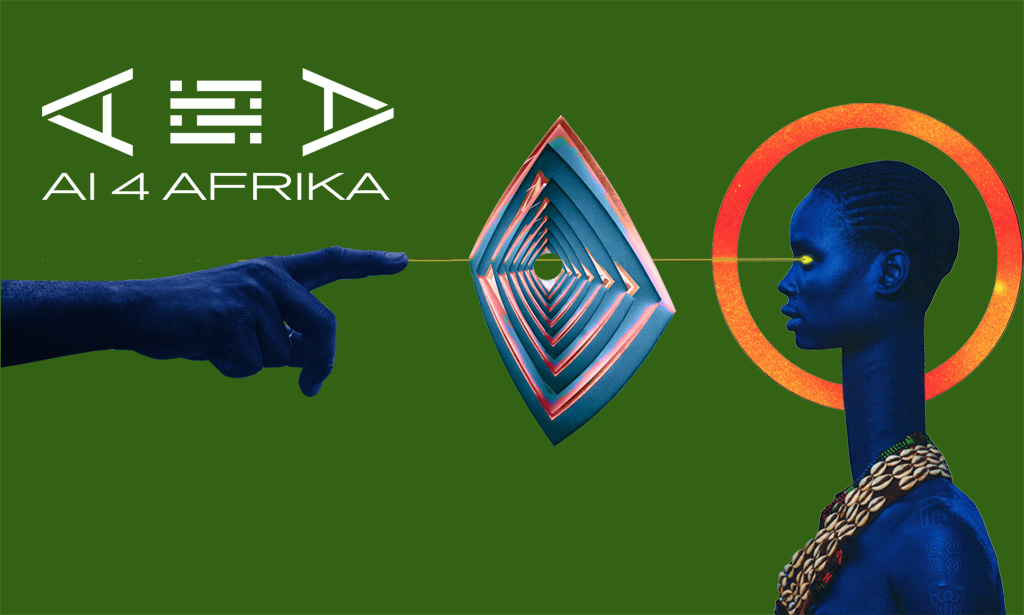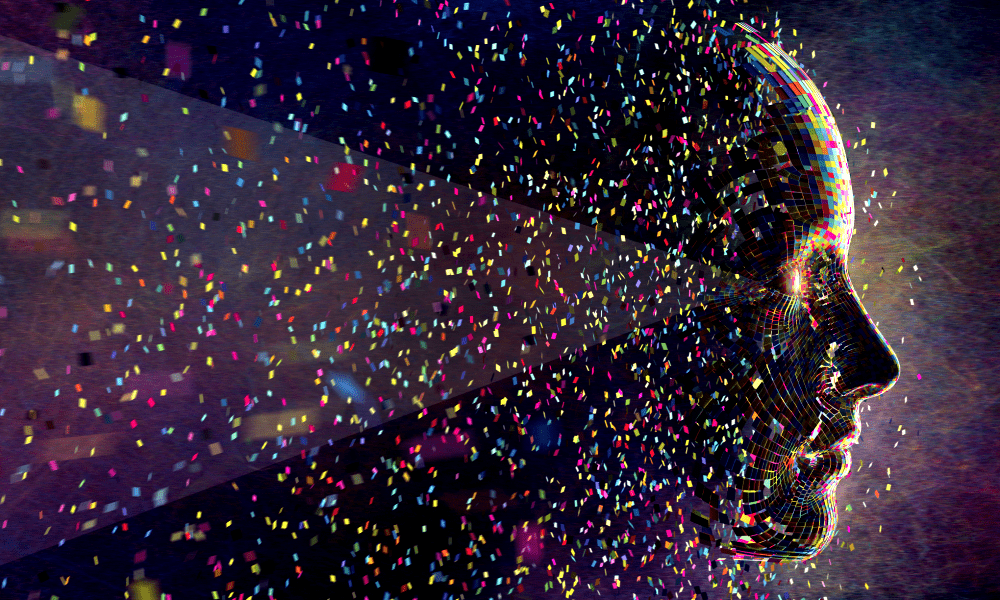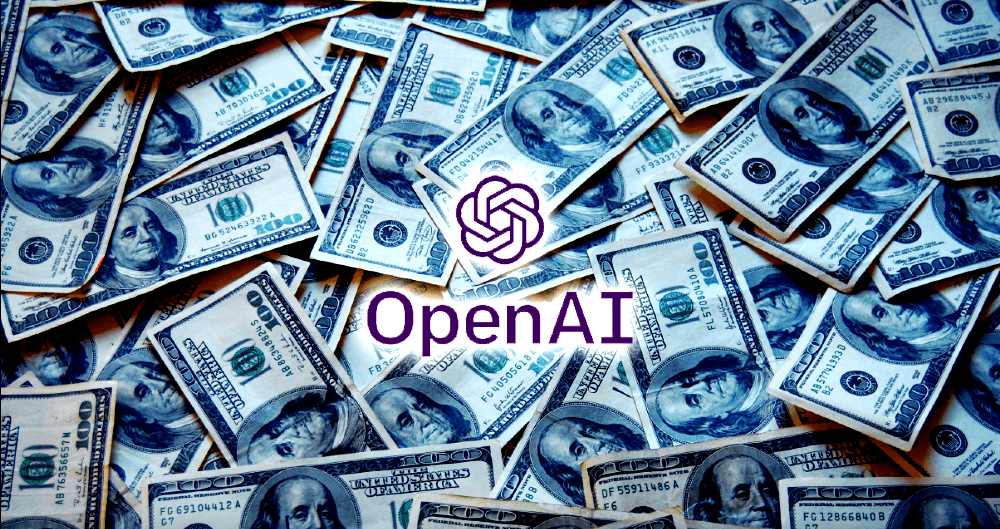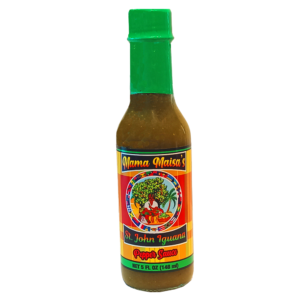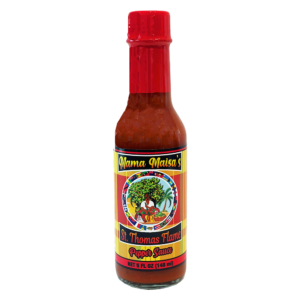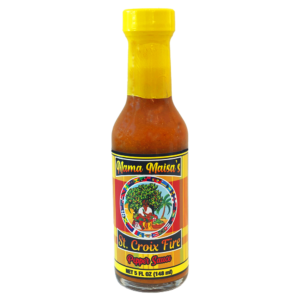 For those in the Scientific Papers Field, the abstract is basically the blueprint for your article to be accepted by peers in an academic journal. Scientists depend on abstracts to differentiate their research as being novel in the discovery phase which then allows ownership and hopefully additional funding. Recently, ChatGPT was deployed to create abstracts from real medical papers published in top research journals, according to the latest research. With GPT4 on the horizon, this could very well cause a monumental disruption in one of the core facilitators of scientific discovery as it pertains to author autonomy. Are we on the cusp of innovation, in general, being democratic or more open source? The future will only tell. 2023 will be a pivotal point in how research is tethered to the researcher.
For those in the Scientific Papers Field, the abstract is basically the blueprint for your article to be accepted by peers in an academic journal. Scientists depend on abstracts to differentiate their research as being novel in the discovery phase which then allows ownership and hopefully additional funding. Recently, ChatGPT was deployed to create abstracts from real medical papers published in top research journals, according to the latest research. With GPT4 on the horizon, this could very well cause a monumental disruption in one of the core facilitators of scientific discovery as it pertains to author autonomy. Are we on the cusp of innovation, in general, being democratic or more open source? The future will only tell. 2023 will be a pivotal point in how research is tethered to the researcher.
- Human reviewers could only detect fake abstracts 68% of the time
- If used unscrupulously, ChatGPT could undermine scientific research
- AI language models also could be used for good in scientific writing
Source: Northwestern University Now
A team of researchers led by Northwestern University used the text-generation tool, developed by OpenAI, to produce 50 abstracts based on the title of a real scientific paper in the style of five different medical journals.
Reviewers were able to detect 68 percent of fake abstracts generated by AI and 86 percent of original abstracts from real papers. In other words, they were successfully tricked into thinking 32 per cent of the AI-written abstracts were real, and 14 percent of the real abstracts were fake.
“Our reviewers knew that some of the abstracts they were being given were fake, so they were very suspicious,” she said in a statement.
Catherine Gao, first author of the study and a physician and scientist specialising in pulmonology at Northwestern University, said it shows ChatGPT can be pretty convincing. “Our reviewers knew that some of the abstracts they were being given were fake, so they were very suspicious,” she said in a statement.
- OpenAI is developing software to detect text generated by ChatGPT
- University students recruit AI to write essays for them. Now what?
- AI programming assistants mean rethinking computer science education
- GPT-3 ‘prompt injection’ attack causes bad bot manners
Source: The Register
“Our reviewers commented that it was surprisingly difficult to differentiate between the real and fake abstracts,” Gao said. “The ChatGPT-generated abstracts were very convincing…it even knows how large the patient cohort should be when it invents numbers.” A fake abstract about hypertension, for example, described a study with tens of thousands of participants, whilst one on monkeypox included a smaller number of patients.
“There have been groups who have started using it to help writing, though, and some have included it as a listed co-author. I think that it may be okay to use ChatGPT for writing help, but when this is done, it is important to include a clear disclosure that ChatGPT helped write sections of a manuscript. Depending on what the scientific community consensus ends up being, we may or may not use LLMs to help write papers in the future.” ®
- Comprehensive Public Safety Plan Survey: Equity - March 11, 2024
- Comprehensive Public Safety Plan Survey: Court System - March 11, 2024
- DC Comprehensive Public Safety Plan Survey: Surveillance // Privacy - March 11, 2024


